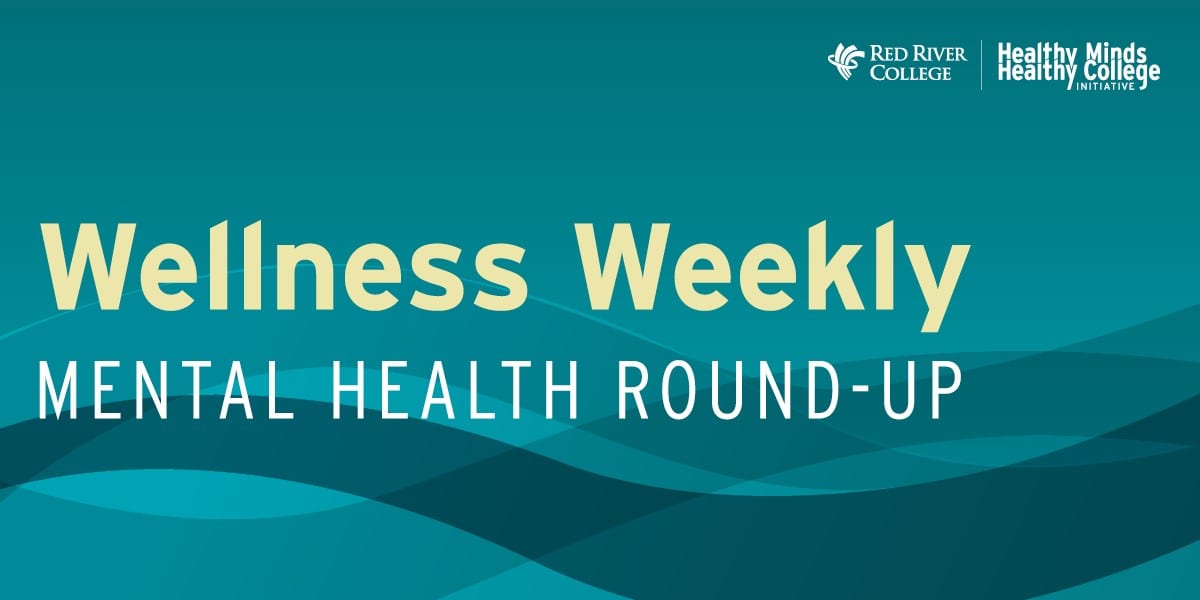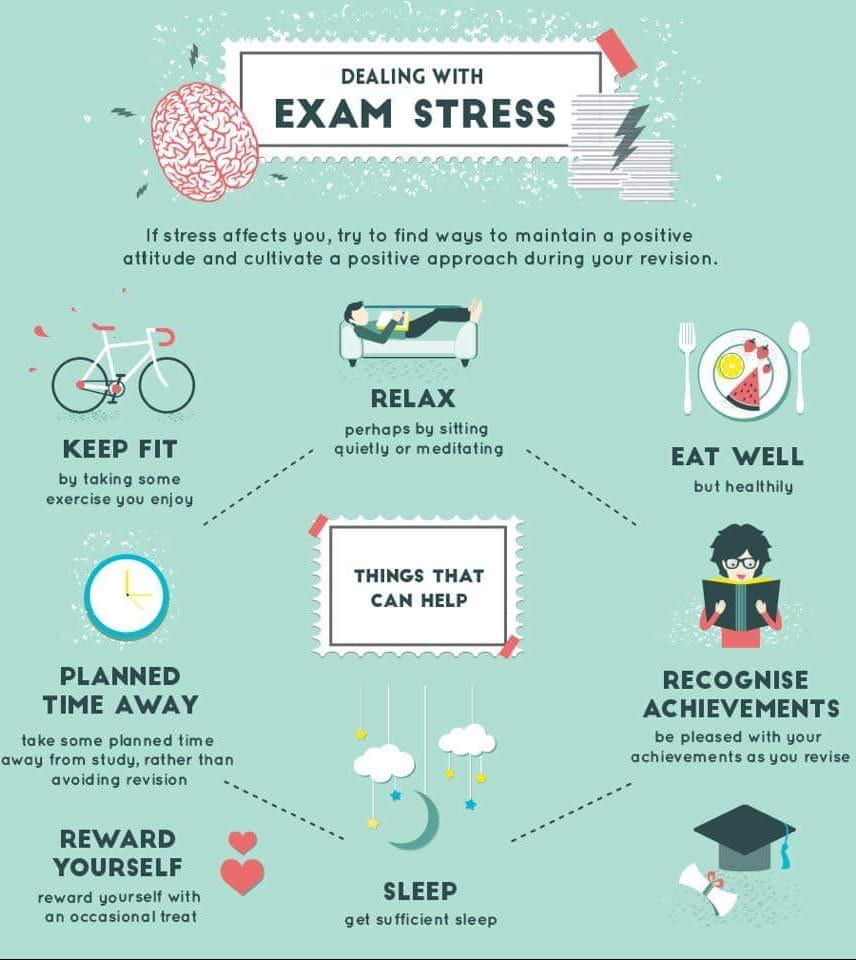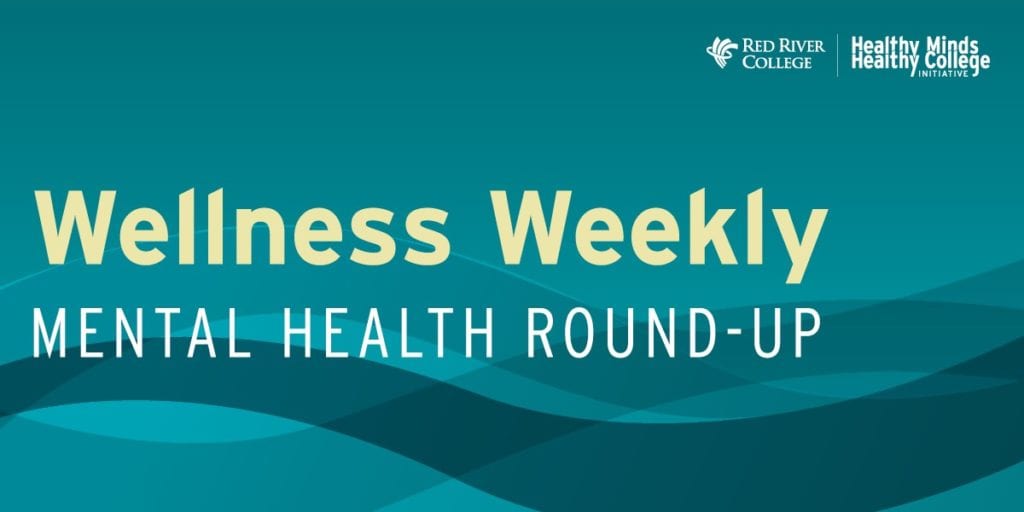Wellness Weekly: Curated Readings
In our Wellness Weekly, mental health roundup feature we curate some of the best writing on the web related to health and wellbeing. Here is some recommended reading for this week.
Making Friends
NPR notes that the act of making and being a friend is as simple as it is difficult. They spoke with experts to help find ways to make new friends, as well as to take better care of the friendships you already have. Read Accept The Awkwardness: How To Make Friends by Julia Furlan.
Healthy Eating on a Budget
Are you trying to save money on food? Get the school year off to a healthy start by planning your meals for the next few days or week ahead. It takes a bit of time, but it will help you save money later. The Dieticians of Canada has Ten Tips for Planning Meals on a Budget.
Dealing with Panic Attacks
Panic attacks can feel terrifying in the moment. Managing your thoughts and behaviours can go along way toward reducing the frequency and intensity of panic symptoms as well as how much they interfere with your life. Over on the Anxiety Canada blog, Dr. Melanie Badali shares 5 Tips for Dealing with Panic Attacks – The BRAVE Way.








